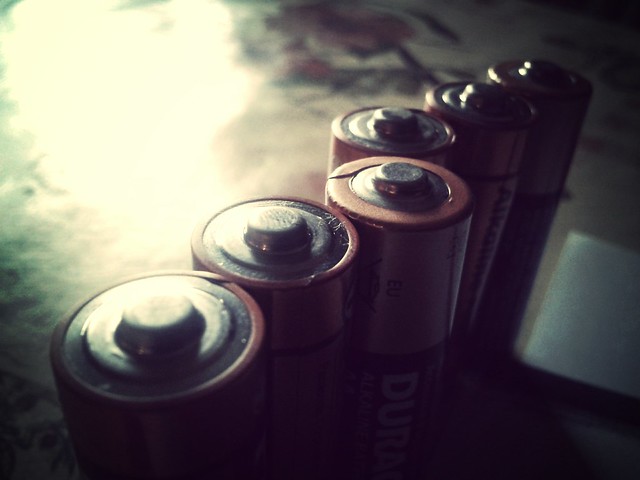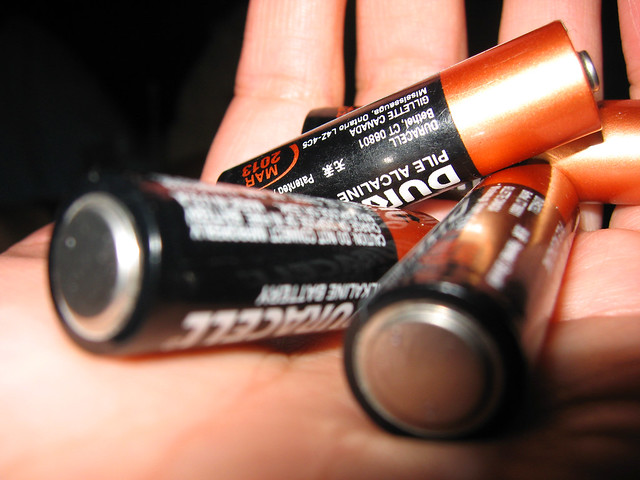Are Lithium Car Batteries Recyclable-Recycling Method and Cost
APR 03, 2020 Pageview:802
We all know that Lithium batteries are now used in cars and other vehicles to provide an alternative to the fuel-consuming engines. The electrically powered vehicles offer a prominent advantage to consumers. However, one question arises very often- is it possible to recycle the batteries used in cars. And if yes, then how the process is carried out and what does it cost?
So, today, we will answer all these questions and get to know every aspect of the Lithium batteries disposal. As the main aim of battery recycling is minimizing the waste from batteries and maximizes the use of the components used to manufacture a battery. Let's take a deeper look into the methods and understand how we can make save our resources by adequately disposing of lithium batteries.
Can Lithium Car Batteries Be Recycled?
Fortunately, the answer is yes. As you might know, most of the devices we use today, including cell phones, laptops, power tools, and others, contain lithium-ion or some other type of lithium battery. As rechargeable batteries have become a staple in our industry, the more batteries are manufactured regularly. But once we are done with them, most of us don't know how to get rid of them.
The first question people ask is if they can throw away the battery like other disposable material. So, you must know the lithium batteries are composed of metals and alloys and, most importantly, Lithium metal, which is harmful in its original state. So, if you think that throwing the battery in the dustbin is the easy way out, then you are wrong.
Recycling of Lithium batteries is possible but not with your regular disposal center. You need to entrust a reliable Battery disposal center. Only the experts understand the harmful effects these batteries can have on the environment. Even though the toxicity of these batteries is relatively lower than other types of batteries, but lithium is still a very reactive metal. The battery uses a flammable electrolyte, and the other contents are pressurized that can burst into flames if the system is damaged.
And disposing of the batteries in the recycling truck or bins is even more dangerous. They have paper and cardboard inside. And if accidentally, the electrolyte catches flame and pressure is released from a damaged battery, it could light up a fire that can evolve into a big one paper, and cardboard is present. This is the most common reason why recycling trucks often catches fire.
Hence, we need to recycle all types of batteries, including car batteries, properly.
How Are Lithium Car Batteries Disposed Of?
The best way to recycle a car battery is to take it to a licensed and authorized recycling center. They know the best ways to recycle different types of batteries without causing any harm to the environment. The conventional lithium-based batteries are Lithium-ion and Lithium Iron Phosphate. They also contain other elements like high-grade copper and aluminum with other active materials like cobalt and nickel as well. Most of these elements have a limited supply of nature. Hence, to prevent a shortage of these elements, and to enable a sustainable life cycle, a clear and concise recycling method is developed for these batteries.
The steps included in the recycling of lithium batteries are given below:
At first, the battery is discharged completely, especially in the case of electric vehicles, as a certain amount of charge is always left in them when they are disposed of. Hence, they require careful deactivation before the process begins.
The next step is to disassemble the battery system and its components precisely. From electrolyte to electrodes, all elements must be taken apart cautiously; otherwise, they can react and create problems.
After disassembling, a mechanical process is carried out, including crushing, sorting, and sieving, so that the needed elements can be filtered from the unnecessary elements.
The next step in recycling is the electrolyte recovery as it can be used again.
Afterward, the Hydrometallurgical process is performed, which obtains the metal from the ores or their concentrates.
As the last step, a pyrometallurgy process is carried out as a thermal treatment for the concentrates to enable the recovery process of the metals.
There are many risks associated with the extraction of the chemicals from a lithium battery. The recycling process has electrical dangers, chemical dangers, burning reactions, and other threats. Even water can be dangerous if the Lithium metal comes in contact with it. Hence, the recycling process is carried out under supervision to ensure safety.
Does It Cost A Lot For Recycling Lithium Car Batteries?
Now that you know how critical recycling a lithium battery is, you must be wondering if it will cost you. However, many people have created a business in recycling lithium batteries. These batteries are expensive and have a short life span. But the good thing is that they have an annual world market of more than $33 billion.
And if you are a consumer willing to recycle the car battery, then you must know that you can get a return value with the metal value per ton. The larger your battery is, the higher the returns you can get by recycling it.
The most expensive metal is lithium batteries is cobalt. If you want to dispose of a lithium cobalt oxide battery, then you can get $25,000 per ton for recycling these batteries. And with lithium iron phosphate batteries, you can get $400 per ton value for recycling.
The estimated cost of disposal of Lithium batteries is $4,000 to $5000 per ton. The production process requires 170 megajoules of energy with 12kg carbon dioxide emission. Overall, the recycling of these batteries cost a lot than manufacturing a new battery. It might not be a cost-effective option, but recycling is necessary for the environment. We have a limited supply of lithium elements in nature, which is running out at a fast pace. So, recycle as many batteries as possible and contribute to saving the reserve.
- Prev Article: 18650 Phone Battery –mAh and Safety Analysis
- Next Article: Care of Lithium-Ion Batteries in Power Tools-Care and Practices
Leave Message
Hottest Categories
-
Hottest Industry News
-
Latest Industry News












